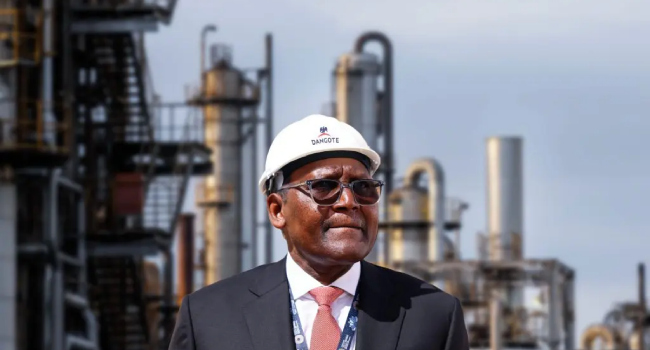A multibillion-dollar agreement has been signed between Aliko Dangote and the Ethiopian government for the construction of a $2.5 billion fertiliser plant. The deal, signed in Addis Ababa, establishes a joint ownership structure, with Dangote holding 60% of the facility and the state-owned Ethiopian Investment Holdings (EIH) retaining 40%.
The fertiliser plant, to be located in Ethiopia’s eastern Somali region, is expected to produce 3 million tons of fertiliser annually. Construction is anticipated to take approximately 40 months to complete. The plant will be connected by pipeline to the Calub and Hilala natural gas fields in the southeast, ensuring a reliable supply of raw materials.
This project is significant for Ethiopia as it will substantially reduce the country’s dependence on fertiliser imports. EIH has noted that the local production of fertiliser will provide a reliable supply for farmers, who have historically faced challenges in accessing this essential resource. Additionally, the project will help alleviate foreign exchange pressures associated with importing fertilisers.
Ethiopian Prime Minister Abiy Ahmed has hailed the agreement as a landmark for the country’s food security ambitions. According to Prime Minister Ahmed, the project will create local job opportunities, ensure a stable fertiliser supply for farmers, and mark a crucial step towards achieving food sovereignty.
Aliko Dangote’s business portfolio already includes cement operations in 10 African countries, as well as a 3 million-ton fertiliser hub in Nigeria, which commenced operations three years ago. The partnership with EIH is seen as a pivotal moment in the shared vision to industrialise Africa and achieve food security across the continent.
The collaboration between Dangote and the Ethiopian government underscores the importance of investing in Africa’s agricultural sector to enhance food security and reduce dependence on imports. As the project progresses, it is expected to have a positive impact on Ethiopia’s economy and contribute to the country’s long-term food security goals.
